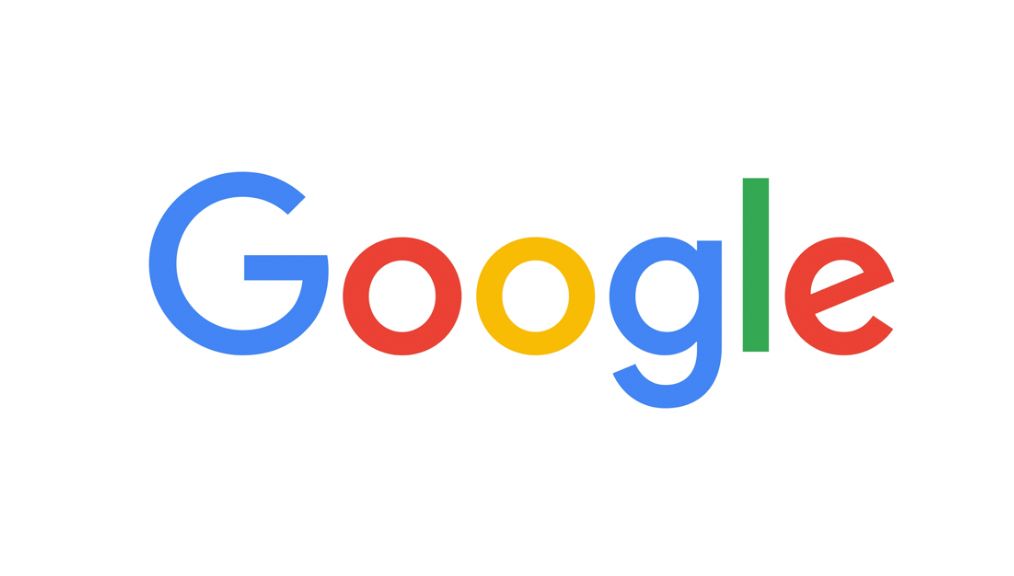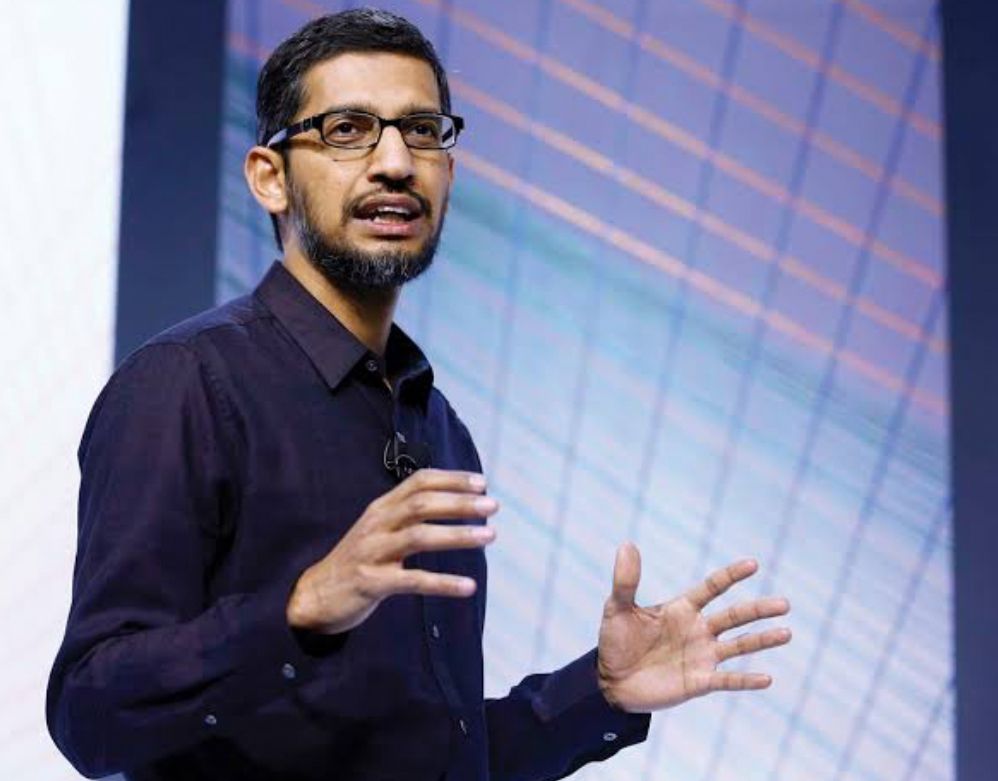Google and Alphabet CEO Sundar Pichai emphasized the company’s wide-ranging portfolio beyond advertising during an interaction with global media on the sidelines of the Google I/O 2025 event.
“We are probably the third-largest enterprise software company… We have Waymo, you can think about Android, you can think about Google Play… YouTube has both subscriptions and advertising, we have AI subscription software now, and so on. So we are pretty broad that way,” he explained, when asked if Google’s expanding AI initiatives were primarily aimed at optimizing ad revenue.
“All our teams approach advertising with the same focus on quality as we do with our other businesses. And we shouldn’t underestimate that in any economy, people are looking for commercial information and businesses are trying to reach those users. Connecting that is a valuable service, and we approach it with that first principle in mind. AI, in some cases, will make those ads more relevant to people… If we ever get it wrong, our metrics will reflect that,” Pichai added.

He reiterated that privacy remains a core value for Google: “Looking at the kind of services we provide, it’s a privilege to have users place their trust in us.”
Pichai, who marks a decade as Google CEO this year, spoke about the company’s commitment to “a deep technology approach to drive progress in people’s lives,” noting that this ethos was what originally drew him to Google.
Recognizing the evolving landscape of global tech regulation, Pichai described AI as a “new frontier,” adding that Google is “innovating on behalf of users” while working closely with regulators.
“I’ve had encouraging conversations with European Union leaders, who view this as an opportunity to invest, innovate, and simplify regulation so that companies like ours can serve European consumers better,” he said, in response to a question about data privacy laws like the GDPR. “They are equally eager to access these products, and we are committed to delivering them. So I see this as a growth opportunity for Europe too.”
Reflecting on Google’s long-term investment strategy, he said, “We’ve been investing in quantum computing for over a decade, and worked steadily until it became a reality. Take Waymo—three years ago there was skepticism, but we continued to invest. Our foundation has always been rooted in science and technology, with a relentless focus on bringing it to people.”
He also shared a personal insight: “I dropped out of my PhD program, but that curiosity and energy never left me. Staying close to research is one of the best parts of my job.”
Commenting on the breakneck speed of technological change, he said, “If I’m away for even a couple of weeks, I have to walk around the DeepMind team to catch up on what’s happened. We’re innovating and shipping at a relentless pace. Right now, our philosophy is to put products into people’s hands as quickly as possible.”











